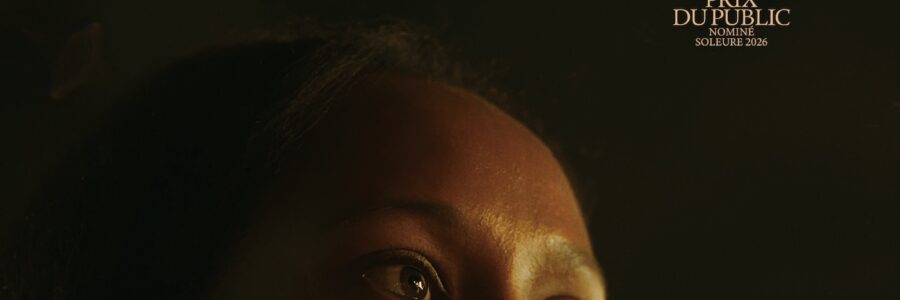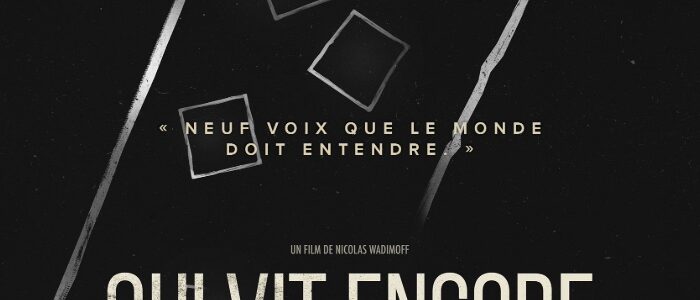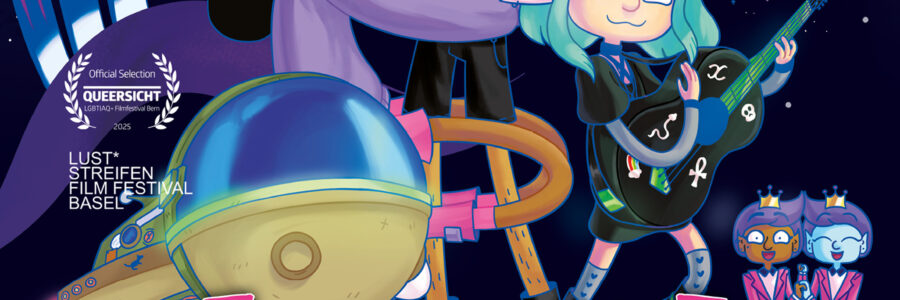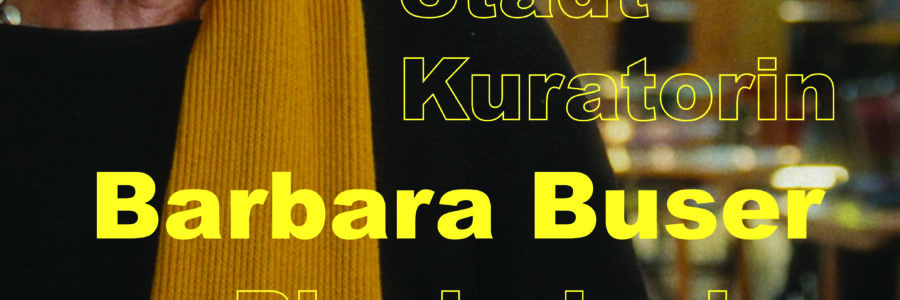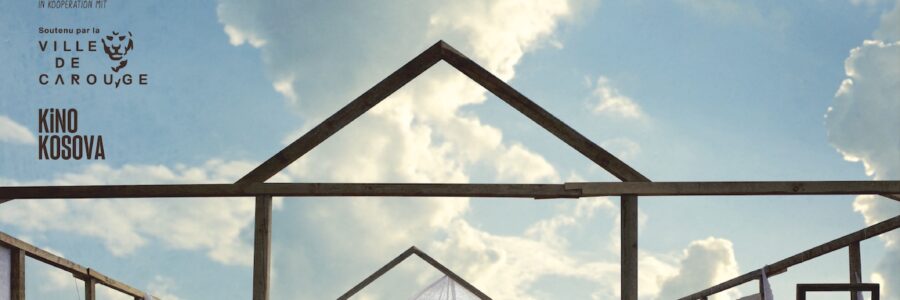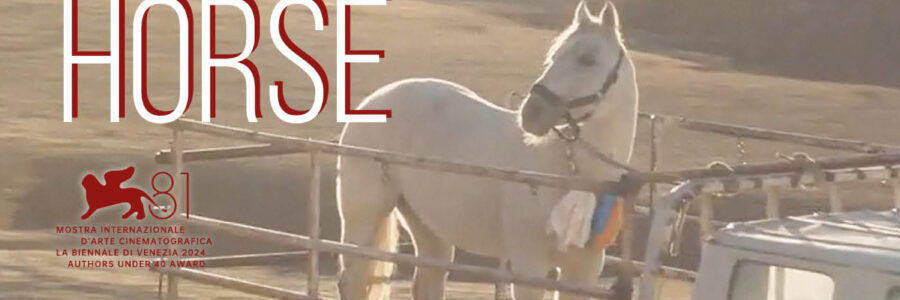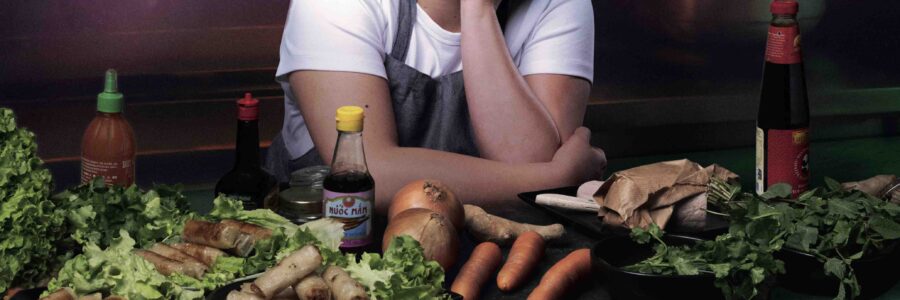Author: First Hand Films
Laundry
Who is still alive
Deeply moving and quietly powerful – a haunting film about loss amid humanitarian catastrophe – and about preserving identity in dark times.
A chalkboard, sketchily drawn, the outline of Gaza and nothing but words: Nine Palestinian refugees talk about life in the Gaza Strip before the war and before fleeing from hell. They talk about their deep connection to their homeland Gaza, their families and friends.
Their former lives lie in ruins. By sharing their experiences in conversation, the refugees find themselves and their way back to life. They are no longer ghosts.
QUI VIT ENCORE is a film like no other: intimate, human and universal. It tells the story of Gaza through those who built its future: entrepreneurs, a musician, a doctor and an influencer. Through their eyes, we discover a reality that is rarely shown on screen, far removed from the images in the news, characterised by resilience, creativity and hope.
This deeply humanistic film, which celebrated its international premiere in the renowned Giornate degli Autori section in Venice, has evoked a great emotional response and won the Cinema & Arts 2025 award. The film was also honoured at the Mostra Internacional del Cinema de São Paulo for its narrative power and social relevance.
Lesbian Space Princess
Introverted princess Saira, daughter of the lesbian queens of the planet Clitopolis, is devastated: her girlfriend, bounty hunter Kiki, has broken up with her! Kiki says Saira is just too boring. But she made her such a beautiful relationship album! However, when Kiki is kidnapped by the Straight White Maliens, the incels of the future, Saira has to leave the safe space of queer space and deliver the ransom within 24 hours: the royal labrys – a golden double axe of incredible lesbian power. The only problem… Saira doesn’t have it!
Hilariously funny, brightly coloured and euphoric, uncompromisingly queer: the first feature film by Australian directing duo Leela Varghese and Emma Hough Hobbs is a rousing intergalactic journey of self-discovery with a taste for mayhem and a big heart, somewhere between a wild sci-fi musical comedy and a healing coming-of-age adventure. It won the Teddy Award at the 2025 Berlinale and came second in the Panorama Audience Award. We think it’s great fun.
Barbara Buser – Pioneer of Sustainability
Die preisgekrönte Basler Architektin Barbara Buser rettet Gebäude vor dem Abriss und baut diese mit wiederverwendetem Material um. Sie verwandelt ehemalige Industrieareale zu urbanen Lebensräumen, die für einen sorgfältigen Umgang mit unserer Umwelt und dem Miteinander stehen.
Als Frau, die in einer Männerdomäne erfolgreich ihren eigenen Weg geht, ist Barbara Buser Vorbild für die junge Generation, die für eine nachhaltigere, gerechtere Welt kämpft. Ausgezeichnet mit allen wichtigen Architekturpreisen weltweit, ist die Visionärin gefragt bei allen Forschungszentren der Universitäten und Technischen Hochschulen in der Schweiz und weltweit.
Barbara Buser ist die Pionierin der Nachhaltigkeit und beeindruckt durch ihre Weitsicht, ihren Durchsetzungswillen und ihre unbändige Schaffenskraft. Sie hat Areale, öffentliche Räume, Häuser und Plätze in Winterthur, Basel und Zürich – um nur einige wenige Orte zu nennen – nachhaltig zu lebendigen und zukunftsweisenden Begegnungsorten umgestaltet.
2020 erhielt sie den Meret Oppenheim Preis. Sie studierte an der ETH und arbeitete in Kooperation mit der Technischen Hochschule im Sudan und Tanzania bevor sie in der Schweiz ihre Visionen für zukünftiges Bauen anfing umzusetzen.
Barbara Buser – Pionierin der Nachhaltigkeit – ein Film, der erstaunliches vermittelt, inspiriert und zum Nachdenken anregt – all das mit viel Schwung, Humor und Leichtigkeit.
Kalari Kid – She Hits Back
In einer von geschlechtsspezifischer Gewalt geprägten Gesellschaft erobern Arushi (9) und Milena (21) mit Hilfe von Kalari, der ältesten Kampfkunst der Welt, ihren Platz zurück. Der Film Kalari Kid zeigt ihren Weg zur Emanzipation und zur Freiheit, um eines Tages die Frauen zu sein, die sie sein möchten.
Sie sind neue Heldinnen in einem Land, in dem Gewalt gegen Frauen historische und alltägliche Realität ist. Im gemeinsamen Kampf, sich in der Gesellschaft zu positionieren und damit Traditionen zu brechen, spielen Religion und Herkunft keine Rolle. Diese Frauen blicken in eine Zukunft, die sie selbst mit Anmut und Entschlossenheit zum Besseren gestalten wollen. Sie nehmen ihr Leben selbst in die Hand – und das mit einer jahrhundertealten Kampfkunst.
The Beauty of the Donkey
Filmmaker Dea Gjinovci and her father, who has been living in exile in Geneva for sixty years, return to his home village of Makermal in Kosovo. The village was destroyed during the war, and the only thing that remains are the stories of the villagers who are still alive. It is a community of resilience, and so is their story.
In this deeply moving docu-fiction, the filmmaker joins these people and her father on a search for traces of the past. Together, they bring back memories of her father’s childhood in Kosovo in the 1950s. They reveal shocking things, remember everyday occurrences, and many questions remain unanswered, such as the mysterious disappearance of her grandmother.
With her heart-warming film, Dea Gjinovci shows how important it is to come to terms with history.
Promtional partnerships
To Kill a Mongolian Horse
An intimate portrait about masculinity in crisis from a female perspective.
Saina tries to make ends meet as a herdsman in the wintery steppes of Inner Mongolia. While performing at night in breathtaking horseback shows, he by day takes care of his family’s horses while juggling a grumpy father and his dysfunctional relationship with his ex-wife and kid. Unlike the majestic cavalryman he portrays in the show, Saina must discover how the world he grew up in has dramatically changed.
Promotional Partners
Swiss-Chinese Chamber of Commerce (SCCC) | Section romande de la Société Suisse-Chine | Chinese community in Switzerland | Asia Society Switzerland | Gesellschaft Schweiz-China
Dreamers
Dreams behind closed doors, freedom through imagination and hope: a visual and poetic odyssey about the search for freedom, love and friendship in an asylum centre – and about the necessity of breaking rules.
Isio fled Nigeria. She lives without papers in England until she is picked up and taken to an asylum centre. There, she follows every rule in the hope of a fair trial. But her roommate Farah sees things differently: those who follow the rules gain nothing here.
As Isio tries to survive in this limbo, new friendships develop – and new feelings. But the longer she waits, the clearer it becomes how fragile the promise of safety is. If you want to survive, you have to find your own way.
Joy Gharoro-Akpojotor’s tender but unflinching feature debut is inspired by her own experience in the British asylum system. The film had its world premiere at the 2025 Berlinale and opened the 2025 Pink Apple Queer Film Festival.
Dans La Cuisine Des Nguyen
Yvonne Nguyen, a French-Vietnamese actress, dreams of a successful career in musicals, to the great displeasure of her mother, who would like her to pursue a more serious path. When she has no choice but to move back to her mother’s, both women are strangers to each other. But in the intimacy of the Vietnamese family restaurant’s kitchen, they grow closer. Meanwhile, Yvonne is still after her dreams and finally gets the chance to audition for a big show.

